I love to use honey in place of processed sugar. It has a long list of health benefits and is simple to substitute in recipes. To get all the benefits of eating honey it is important to buy some from a good source. I used to think it was just about whether other sugars were added to the honey before it was sold or not. While we should avoid honey that has added sugars there are also other things to watch out for. To keep it simple I created a list of 5 questions to ask before you buy honey.
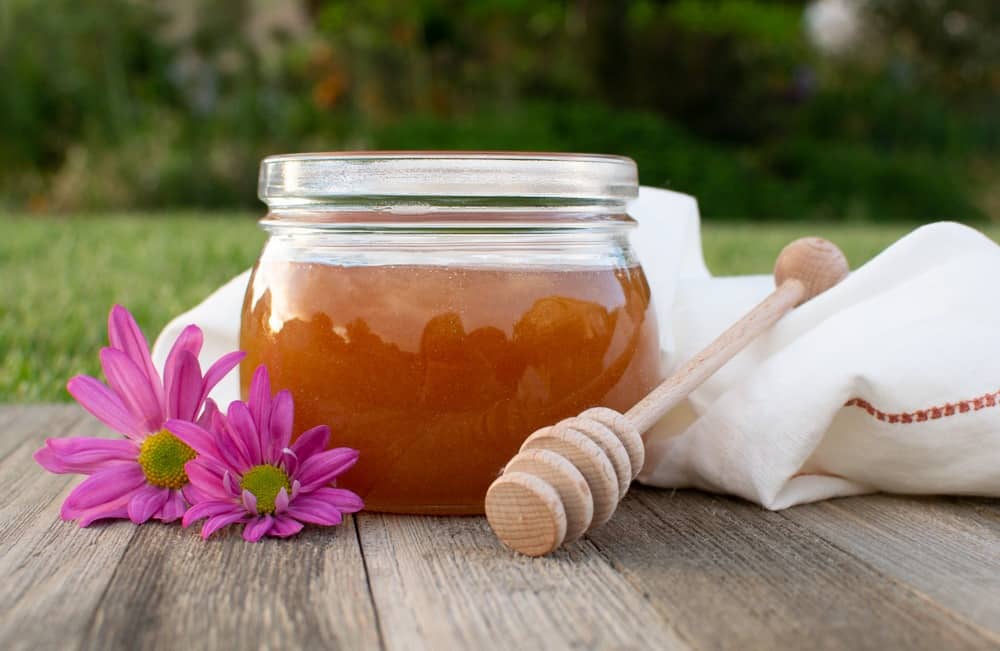
One of my earliest memories of eating honey was my mom showing me how to eat it with butter over a slice of her fresh baked bread. I am convinced that butter and honey were one of the first matches made in heaven. Add them to fresh homemade bread and the sweet flavor and velvety texture take you to a whole other world.
It took months for my mom to perfect her bread recipe and even now when I reach for my honey I can almost smell her bread. Many years later I still love honey served over fresh bread. Really, who doesn’t?
Besides being natures best sweetener, honey can help with allergies, boost the immune system, help promote healthy sleep, maintain healthy blood sugar, and help with coughs and sore throats. (1) I know, this list makes me giddy too! This is just a “taste” of the superpowers that belong to honey and we will talk more about them in a future article.
The best source of raw honey would be from a local beekeeper. If that is not an option it is carried in most health food stores. I have also started to see it in a couple of normal grocery stores.
Want to get the most out of your honey? Here is a list of questions to ask when searching for a great quality honey:
1. What temperature do you heat your honey to when bottling it?
To really get the most out of your honey you need to find a good source of raw honey that hasn’t been pasteurized. Honey gets pasteurized in order to delay crystallization. However, when honey is pasteurized it loses many of its beneficial enzymes.(2) This is similar to how vegetables lose their enzymes when cooked at high temperatures.
For honey to be raw it should not be heated higher than 95 degrees. This is the temperature of honey while it is in the hive. (3) When heated above this temperature honey starts losing its benefits.(4) Some beekeepers don't need to heat their honey and others struggle with the time it takes to bottle without warming it up.
2. Where are your hives located?
Your beekeepers may be local but that does not mean that your honey is. If you want to use raw local honey as a remedy for seasonal allergies (5) this is a very important question. Many beekeepers live locally but keep their hives in a much farther location than what you need.
3. Do you ship your bees out to pollinate?
This question is an extension of the last question. Beekeepers often relocate their bees to other parts of the country to pollinate crops in need. This service is beneficial to farmers (and helps the beekeeper generate some extra income), but the practice is extremely taxing on the bees. The bees are confined during travel causing stress. They are exposed to chemicals used to treat the crops. And they receive limited nutrition as they are only pollinating one crop. (6)
4. What do you feed your bees? And when?
When beekeepers harvest honey they are taking their bees food. Fortunately, bees often make more honey than they need. Some beekeepers try to only harvest the excess. Many beekeepers, however, take more than their bees can spare and give them some form of sugar as a replacement. There are times when it is more acceptable to feed bees sugar--including when there is not enough foraging (plants with nectar and pollen that are in bloom) available or when there is a new hive in need of some extra nourishment. Look for beekeepers who feed their bees only when necessary and with a good quality organic sugar.
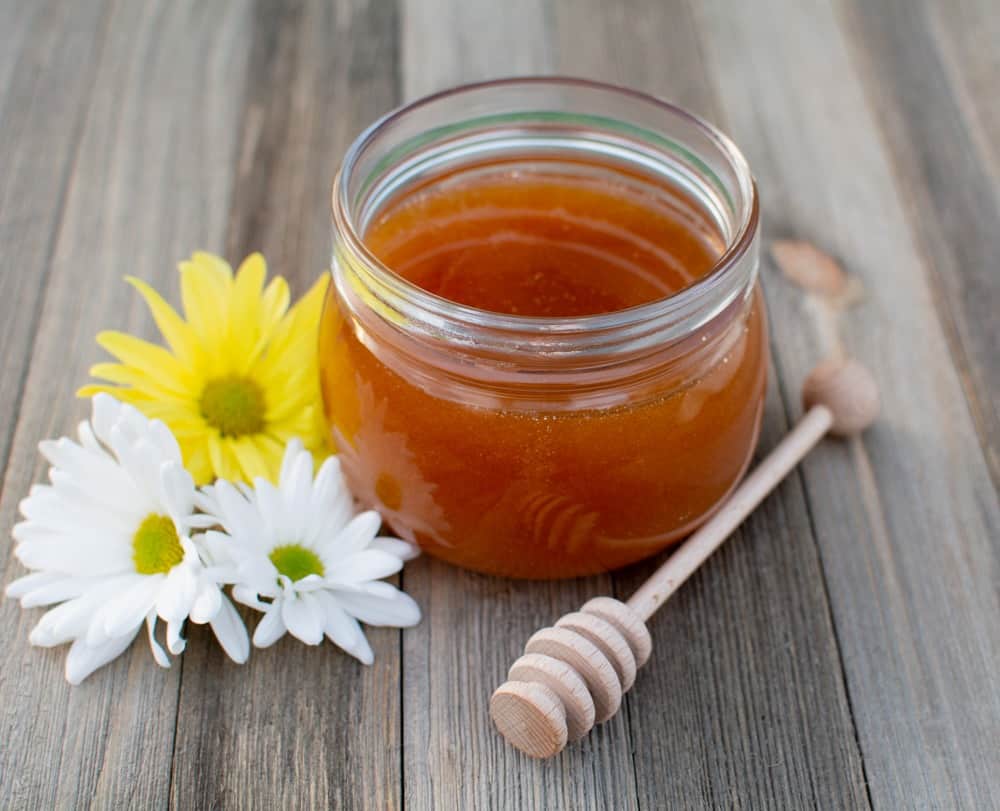
5. How do you deal with disease and parasites?
I hope your beekeepers are doing everything they can to keep a strong hive of bees and consequently don't see a lot of disease and parasites. Many beekeepers use antibiotics and chemicals to treat their bees and keep them “strong.” However, there are plenty of beekeepers that believe in treatment free beekeeping. If you can find honey from treatment free beekeepers you have hit a jackpot.
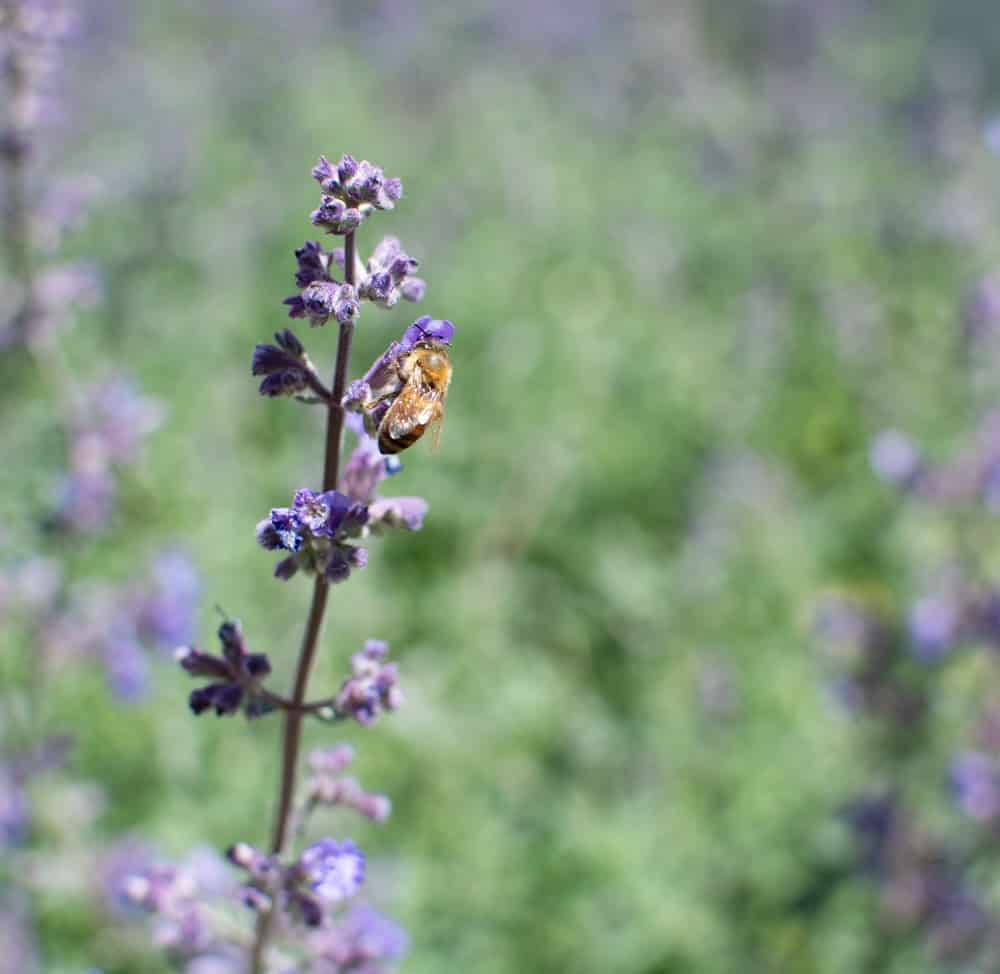
It can seem overwhelming but it doesn't need to be. The first step is to look for an organic, raw and unfiltered honey. Then you can dig deeper from there.
Looking for a way to enjoy your honey? Try my Honey Glazed Popcorn!
Have you found a good source of local raw honey? Please share your favorite place to buy honey in the comments.


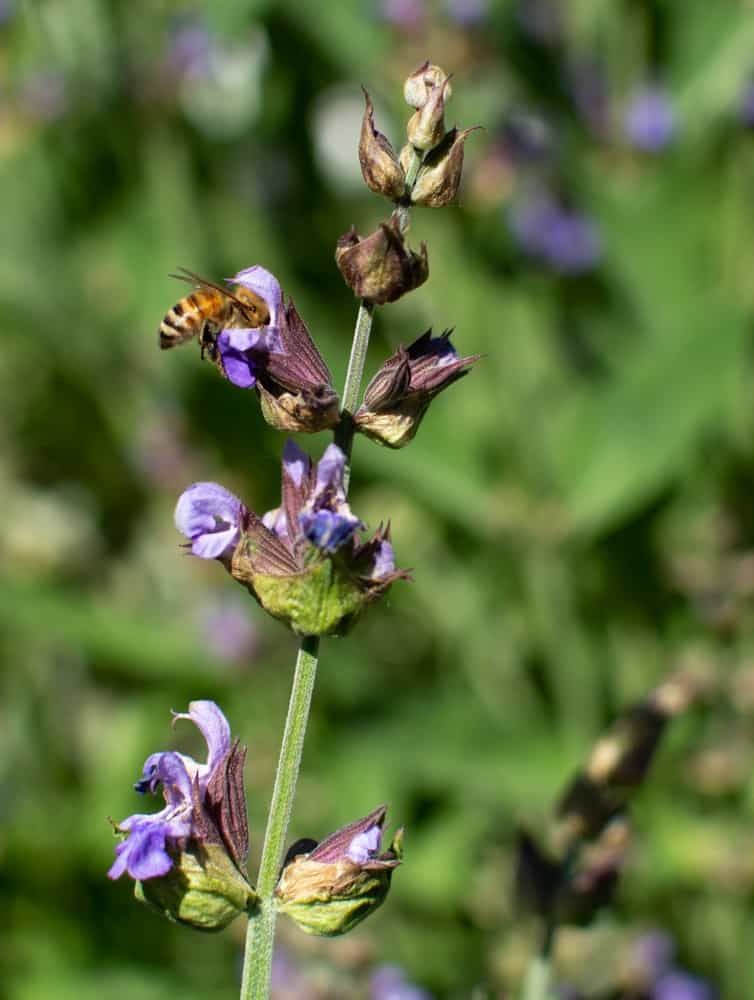


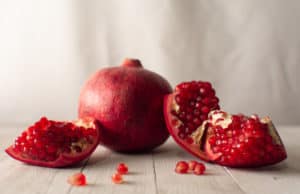
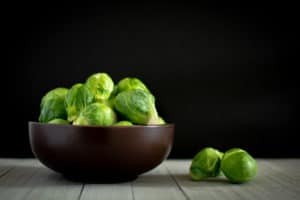
Leave a Reply